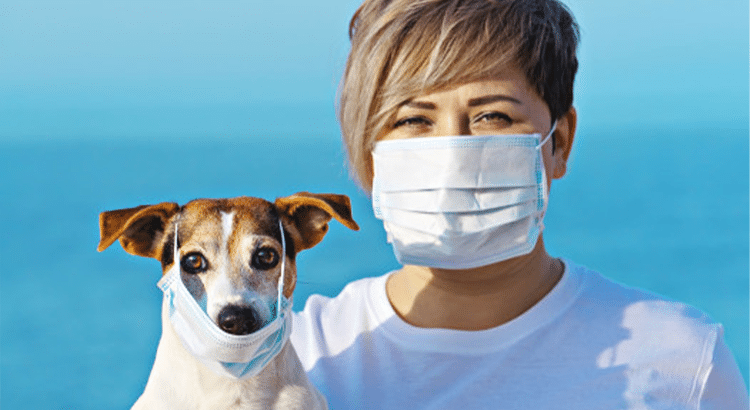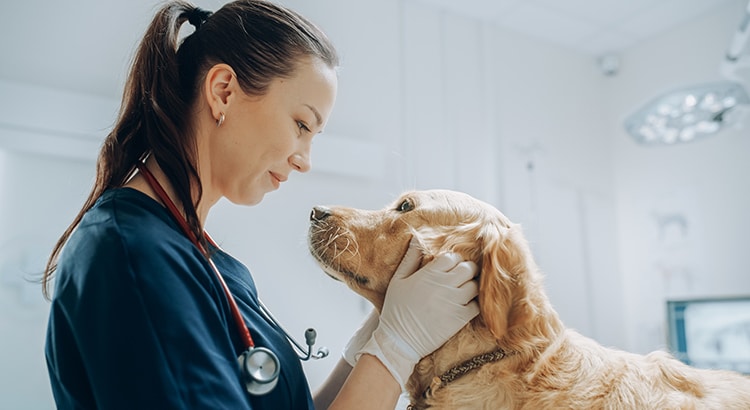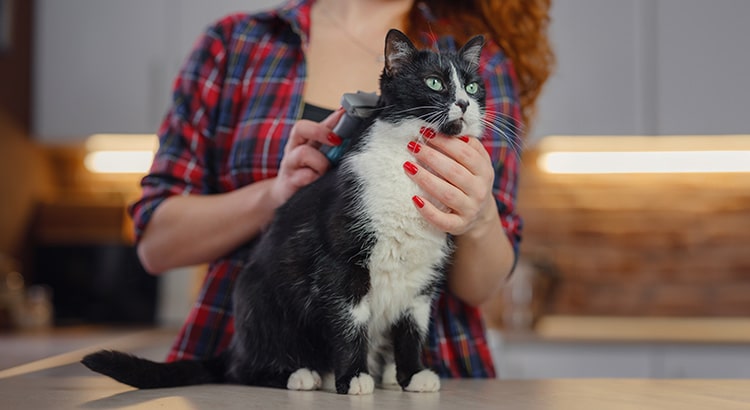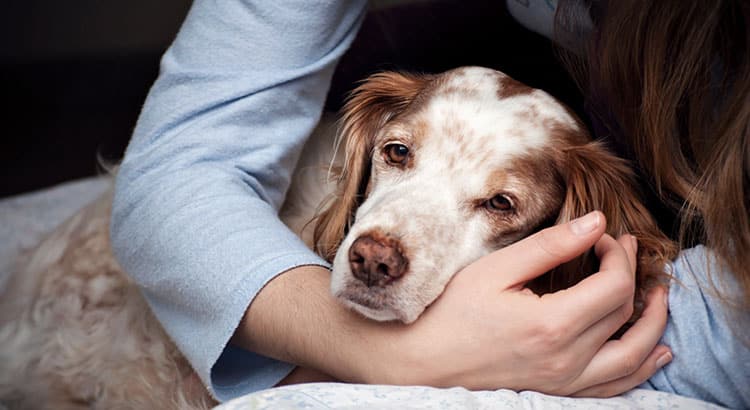
If you have landed on this blog, it is likely you are an animal owner and have some concerns about coronavirus and pets. While we work to protect ourselves, it is also our responsibility to safeguard our furry friends. Here is a rundown of popular questions by pet owner and the answers provided from the Center for Disease Control and the American Veterinary Medical Society.
What is Coronavirus?
Coronavirus is a disease caused by a new virus that emerged from Wuhan, China in December 2019, although the exact source has not been identified. The virus is spread from person to person with symptoms of cough, fever and shortness of breath. Diagnosis is confirmed through laboratory testing and there is no vaccine or treatment at this time. The best solution is to stop the spread through frequent handwashing, coughing into the bend of your elbow and socially isolating yourself from others. While symptoms can show up within 14 days after exposure, other people may remain asymptomatic.
Coronaviruses are named for their appearance: Under the microscope, the viruses look like they are covered with pointed structures that surround them like a corona, or crown.
The CDC provided a list of questions related to COVID-19/ Coronavirus and pets:
Can I get COVID-19 from my pets and other animals?
here is no reason at this time to think any animals, including pets, in the United States might be a source of the coronavirus that causes COVID-19.
Do I need to get my pet tested for COVID-19?
No. At this time, routine testing of animals for COVID-19 is not recommended.
Can animals carry the virus that causes COVID-19 on their skin or fur?
At this time, there is no evidence that the virus that causes COVID-19 can spread to people from the skin of fur of pets. Talk to your veterinarian about the best ways to care for your pet.
Should I avoid contact with pets or other animals if I am sick with COVID-19?
You should restrict contact with pets and other animals while you are sick with COVID-19, just like you would around other people.
Are pets from a shelter safe to adopt?
There is no reason to think that any animals, including shelter pets, in the United States might be a source of COVID-19.
What about imported animals or animal products?
CDC does not have any evidence to suggest that imported animals or animal products pose a risk for spreading COVID-19 in the United States.
According to the University of Illinois College of Veterinary Medicine:
As of March 15, 2020, the Veterinarian Diagnostic Laboratory at the College of Veterinarian Medicine has the capability to test for COVID-19 in pets. A vet must request the test with rationale met which is sent to the state animal health officer and state public health veterinarian for approval. While current information states that coronavirus and pets is not correlated, this test offering is present to help learn more about the virus and to help monitor the outbreak.
You may have seen pets wearing face masks on social media. Pet professionals advise against this as it may obstruct the pets breathing.
How to interact with your pet if you do not have Coronavirus:
According to AVMA’s recommendation, if you are not ill with COVID-19, you can interact with your pet as you normally would, including walking, feeding, and playing. You should continue to practice food hygiene during those interactions (e.g., washing hands before and after interacting with your pet; ensure your pet is kept well-groomed; regularly clean your pet’s food and water bowls, bedding material, and toys). The currently is no link between coronavirus and pets including livestock or wildlife.
How to interact with your pet if you do have Coronavirus:
It is recommended that those ill with COVID-19 restrict contact with animals until more information is known about the virus. Have another member of your household take care of walking, feeding, and playing with your pet. If you have a service animal or you must care for your pet, then wear a facemask; don’t share food, kiss or hug them; and wash your hands before and after any contact with them.
The CDC does not have evidence that companion animals, including pets can spread COVID-19.
The University of Illinois reports visitation to nursing home and long-term health facilities by service animals and their handlers is discouraged at this time.
At Pin Paws, we offer plans that include access to WhiskerDocs, 24/7 pet telehealth. Contact a veterinary expert via call, chat or email and receive advice should your pet become ill or if you simply have any question about their health or well-being. They are ready to help answer any other questions related to coronavirus and pets. Follow this link for more information and to Sign-Up today: Pin Paws




